
May 01, 2019
Fire alarm systems are at least an order of magnitude more challenging to understand than homeowner-type smoke alarms, even if individual smoke alarms within the home are wired together to work in concert. Fire alarm work must not be taken for granted because if a system...
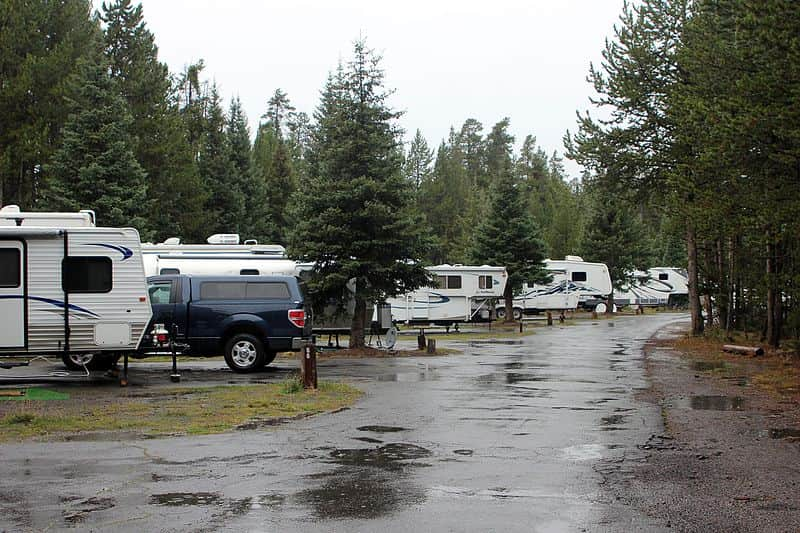
Oct 05, 2018
The Electrical Service supplying an entire RV park must be sized to accommodate the electrical demands of multiple modern recreational vehicles drawing power simultaneously from the individual park sites.
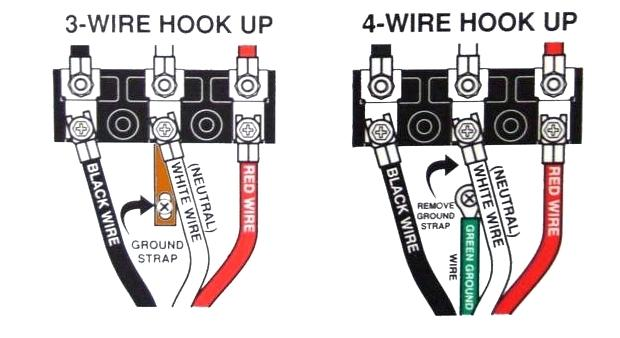
Sep 18, 2018
Modern clothes dryers often have a bonding strap in place that connects the metal housing of the dryer to the neutral lug of the cord attachment terminals, in case the installer is using the 3-wire cord method.

Aug 14, 2018
Branch-Circuit Short-Circuit and Ground-Fault Overcurrent Protection is the final article of a four part series. The series is titled “Motor Calculations” and covers the Code and calculations for single general motor applications.
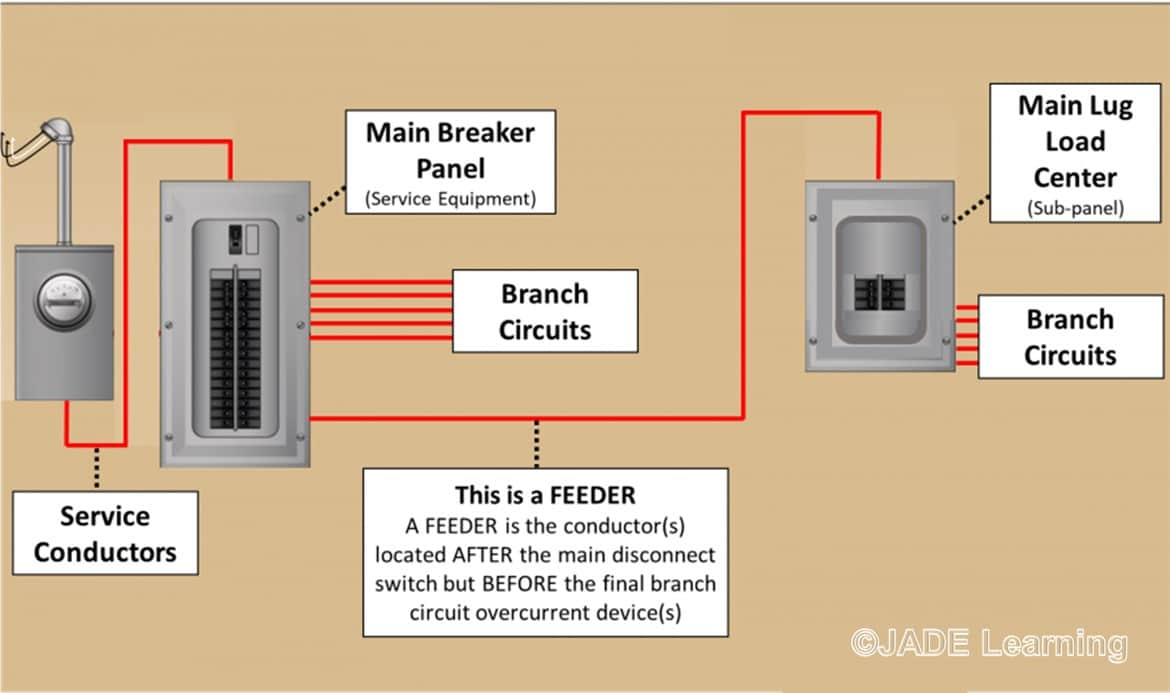
Feb 01, 2018
In order to understand what a feeder is, it is best to start with what a feeder is not. The conductors between the utility service point and the service disconnecting means are service conductors, not feeder conductors. Special service conductor rules apply because these conductors do not have short-circuit or ground-fault...
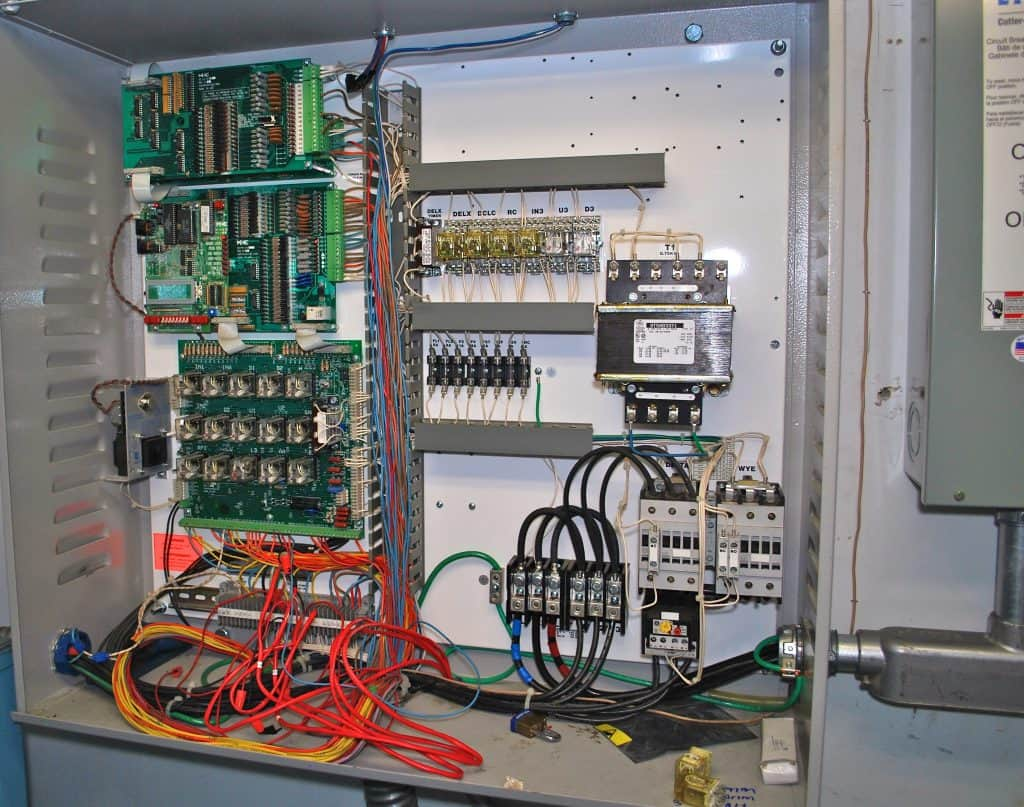
Oct 05, 2017
Elevators have become an essential feature of most multistory buildings and are no longer limited only to tall buildings. Elevators provide an accessible and easy means of egress for employees and customers. In certain types of buildings elevators are required by the model building codes or Federal law

Mar 23, 2017
When reading a book, how often do we skip past the introduction and start with the chapters that interest us? That happens to those of us that use the NEC as well, but understanding the introduction to the code in Article 90 is key to properly applying the technical requirements...
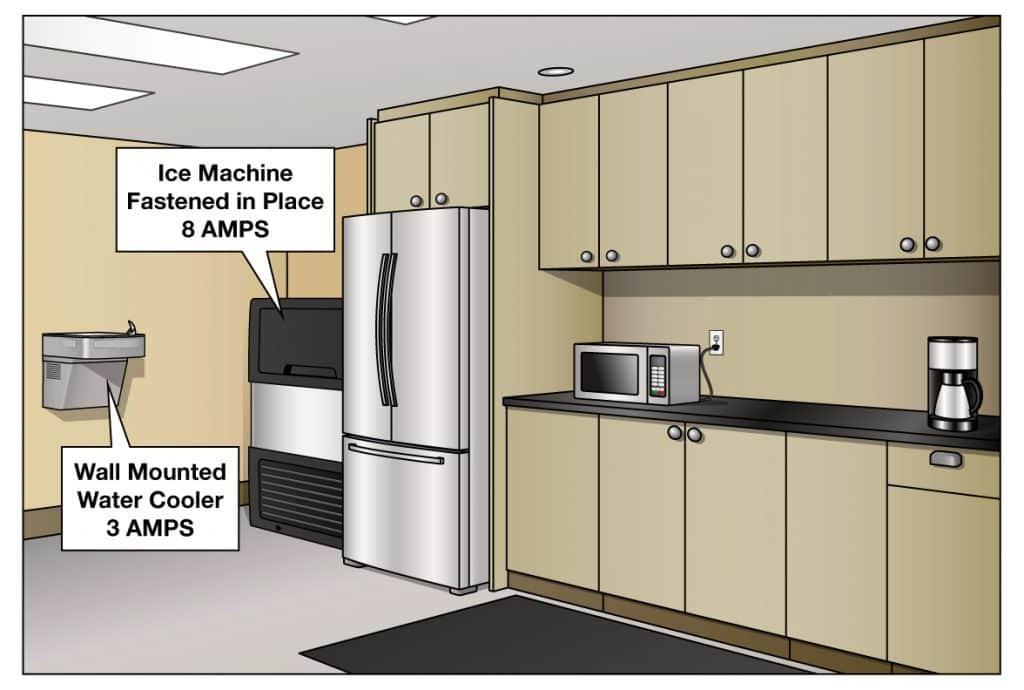
Sep 26, 2016
A multiple-outlet branch circuit is a branch circuit that supplies two or more outlets. With the exception of the required small appliance, laundry, and bathroom receptacle circuits in dwelling units, those outlets may be a combination of lighting outlets for luminaires, receptacle outlets for cord and plug connected utilization equipment...
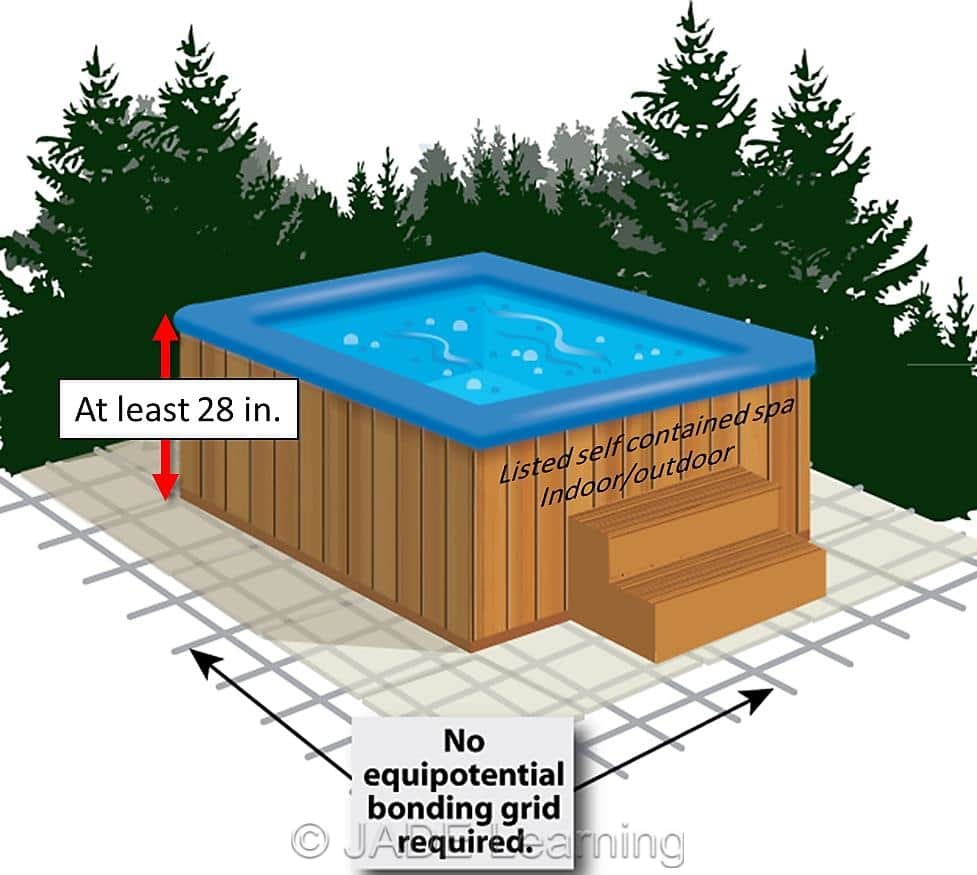
Aug 26, 2015
Here is a list of the most common electrical mistakes made when installing a hot tub outdoors
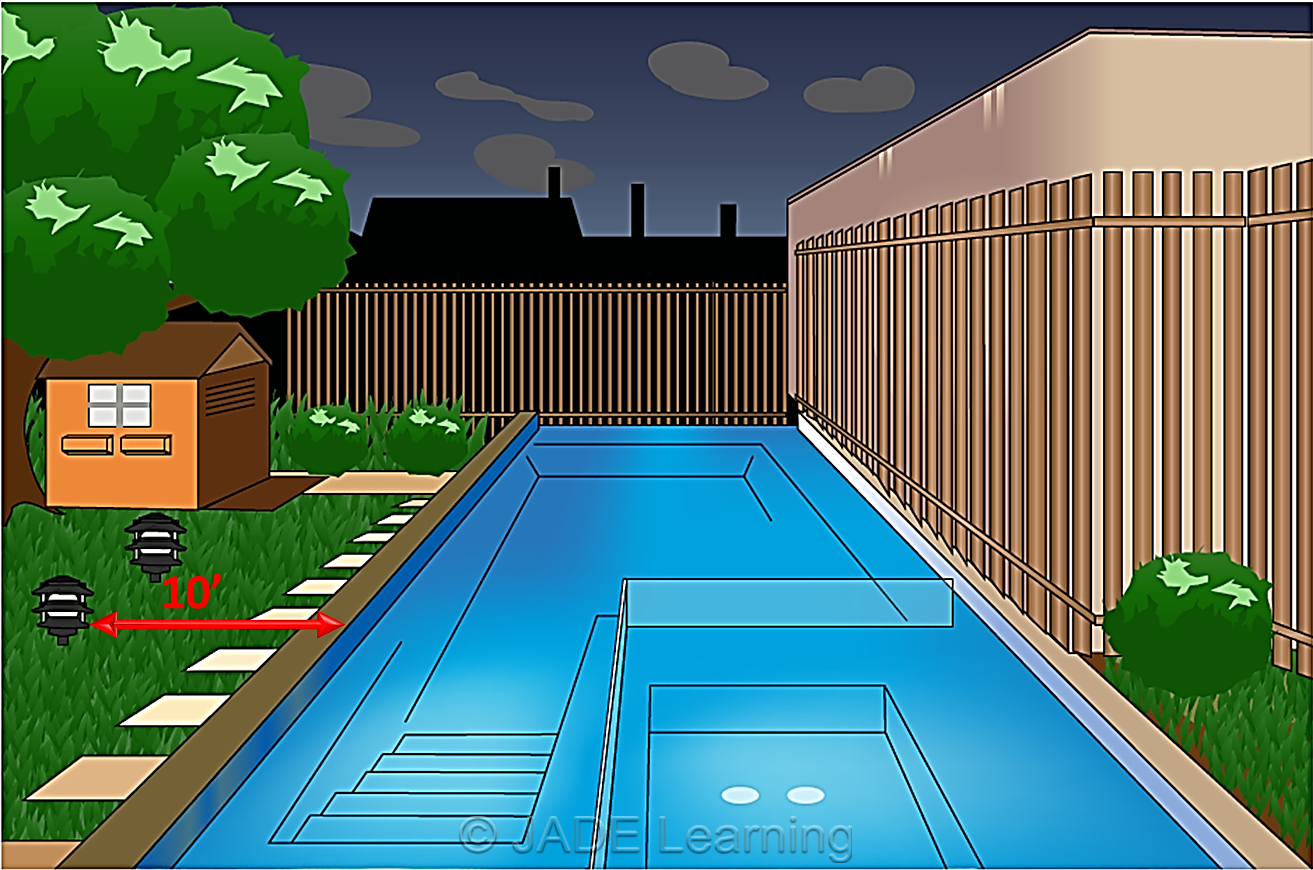
Jul 20, 2015
Here are some common items that can cause the electrical inspection to fail at swimming pools.

May 29, 2015
A PV system is useless until it gets connected into the premises wiring system. NEC section 690.64 states that the point of connection for a PV system shall be in accordance with section 705.12. Article 705 provides the rules on how an electric power production source, such as a PV...

Mar 31, 2015
An inverter takes the DC current produced by the PV modules and converts it to AC current for connection to the utility grid.

Mar 10, 2015
When wiring PV modules in series (to create a series string of modules), voltage is additive while current remains the same. Series = Adds Voltage. When wiring several strings in parallel, the result is the opposite; voltage remains the same while current is additive.

Jul 15, 2014
In the Summer Newsletter article, we discussed marking our service equipment with the maximum Available Fault Current (AFC) as well as the date the fault current calculation was performed to comply with NEC 110.24(A). We selected circuit breakers with an AIC rating equal to or greater than the AFC. So...

May 23, 2013
Today John Hauck and David Burtt discuss the identification of grounded conductors according to the 2011 National Electrical Code. This is part 2 of a 3 part series on identifying conductors. How are grounded conductors required to be identified?200.6(A). In sizes No. 6 AWG and smaller, an insulated grounded...

Mar 08, 2013
A common application of multiwire branch circuits as described in section 210.4 is for a 120/240-volt, single-phase system where three wires do the work of four, the two ungrounded conductors sharing a single neutral. In a 20 amp multiwire branch circuit if the two ungrounded conductors each carry 15 amps, some people think the neutral carries 30 amps, or the combined total of the current on each ungrounded conductor.

Jan 03, 2013
Marking the maximum available current and the calculation date on the service equipment makes it much easier to confirm the interrupting rating of the equipment.